As Hong Kong is steadily moving towards a blanket ban on alternative nicotine products such as e-cigs and heated tobacco products, a group of medical and scientific professionals from the region, have written to the local authorities explaining why such a move would be counterproductive.
In a letter to Hong Kong Chief Executive, Hon Carrie Lam, the Expert Advisory Group of the Coalition of Asia Pacific Tobacco Harm Reduction Advocates (CAPHRA) highlighted that recent media reports about a total ban are very concerning. “We recently came across media reports highlighting that Hong Kong will move forward to deliberate on a bill which seeks to ban the importation and sales of all alternative nicotine delivery products such as e-cigarettes and heated tobacco products,” wrote the group.
Last August, Hong Kong’s Council on Smoking and Health said government statistics have shown that teenagers use vapes more often than adults, and council chairman Henry Tong Sau-chai added that the public at large agrees on a total ban on the products. “However, it has been almost three years since the policy address first announced a ban on alternative smoking products,” he said.
The councilman claimed that the health risks associated with the use of heated tobacco products have been proven by scientists worldwide. Yet he failed to highlight that countless independent studies have shown that they are substantially safer than regular cigarettes.
Hong Kong’s largest party supports ban
Subsequently, more recent headlines have revealed that Hong Kong’s largest party, the Democratic Alliance for the Betterment and Progress (DAB) has also voiced its support for the measure. DAB member and chairman of the Bills Committee on Smoking, Wong Ting-Kwong, said that he has been asked to host a meeting so that the government can finalize its stance and decide on whether to ban the products or not
To this effect, said CAPHRA Executive Coordinator Nancy Loucas, the Expert Advisory Group was keen to share their expert opinion, whilst highlighting that the local government should consider other proposals which have been put forward. These suggest sensible regulations instead of a blanket ban for safer alternatives.
“It is highly commendable that Hong Kong has set a target to reduce smoking rates from the current 10.2% to 7.8% by 2025. We strongly believe that by appropriately regulating heated tobacco products and adopting a harm reduction approach to complement Hong Kong’s existing strong tobacco control policies, Hong Kong can achieve a high reduction in smoking rates and improve public health outcomes,” they wrote.
They went on to cite global scientific peer-reviewed studies and emphasized that there is a growing consensus in the international scientific community that ENDS are safer than cigarettes and a means to reduce tobacco harm. They referred to Japan’s significant success in reducing smoking rates after having regulated heated tobacco products.
Figures from Australia show that bans don’t work
Similarly, a recent article on The South China Post is pointing out that given the lack of success the vaping ban in Australia has had in decreasing smoking rates, Hong Kong should think twice about implementing theirs.
Smoking rates in Australia have risen by over 21,000 to 2.4 million between 2013 and 2016. “For the first time ever, there has been no statistically significant reduction in the smoking rate, and an increase in the number of smokers in Australia,” said renowned public health Colin Mendelsohn back in 2017.
The public health expert who advocates for the use of e-cigarettes for harm reduction pointed out that the “punitive and coercive” approach that the country has adopted is not working. Supporting his arguments is data from the UK, where the opposite approach has been adopted and smoking rates have reached an all-time low.
Source: https://www.vapingpost.com/2021/10/06/asia-pacific-experts-urge-hong-kong-to-regulate-not-ban-vaping/








































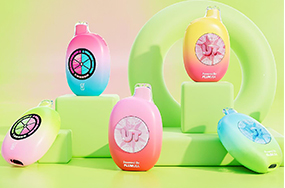















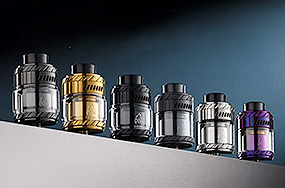
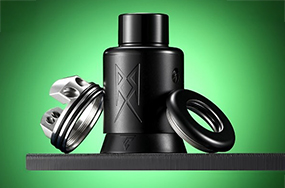
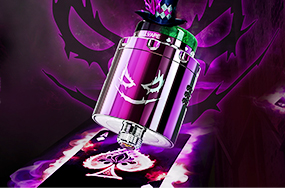









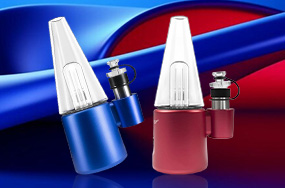







comments